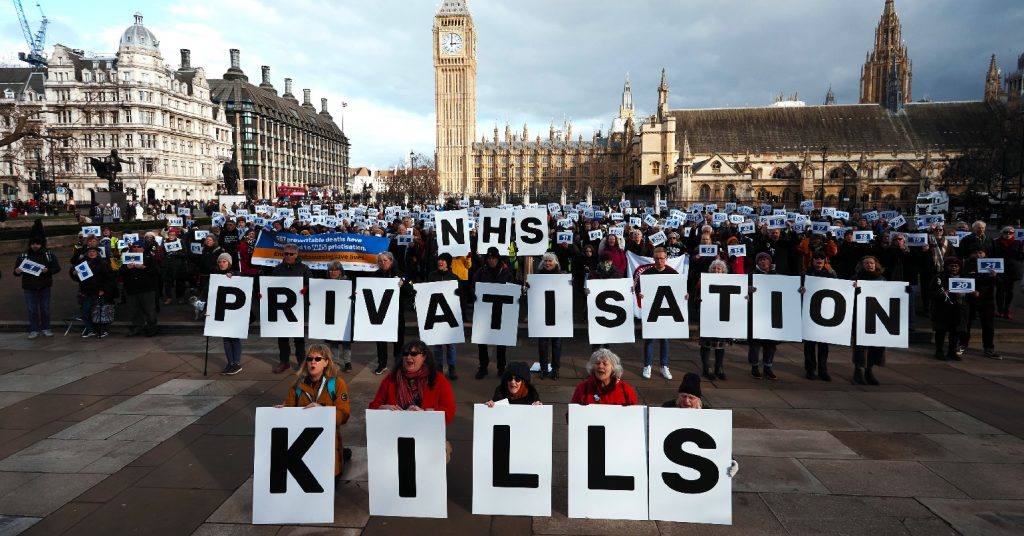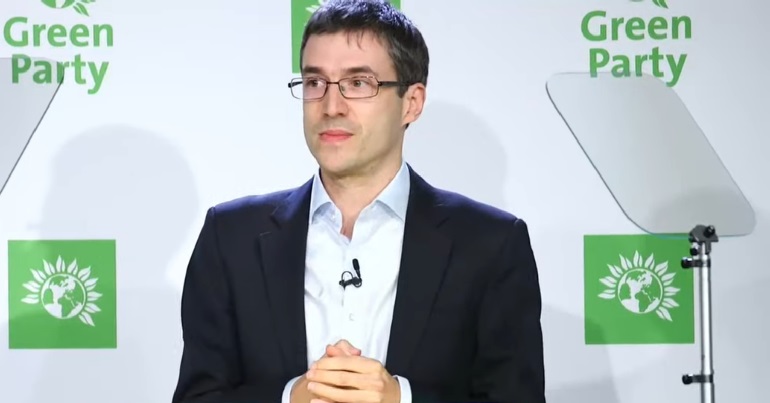The bill is gone but the fight is on
We need to step up our game on the White Paper; the government is no longer going to do the work of defeating it for us. They were about to put its proposed regressive changes to higher education into the cold light of day where it stood a fair chance of withering and dying. We have just lost the best chance we were going to get to attack the coalition at one of its weakest points.
Despite this we have reasons to be hopeful as the NUS is making good calls, calling for a “week of action” between March 12th and 16th and proposing a “national student walkout” for later in the term. However we can’t just count on the NUS to organise these weeks of action and walkouts, the NUS leadership and many student unions are far too detached from their activist bases. Whilst the NUS and Liam Burns may call the days for these walkouts, it is going to have to be us who will have to mobilise to make them happen.
If we don’t get in gear and organise actions ourselves we are going to be left with glow stick vigils. A good tactic for students now is to call and start organising good events now on campus and then attempt to get your student unions on board with them on the grounds that the NUS are supporting it. Leaving it for your student union to organise themselves will not produce good enough results.
We need to get it fixed in people’s minds that the White Paper is not being scrapped or shelved. It was never originally proposed to go as bill to parliament and many were surprised when it looked like it would; only for a brief period did it mutate into this now dropped bill. We should be very wary about describing the dropping of the bill as a “victory”, the NUS and others are right to declare that “the fight goes on”.
An issue with the White Paper’s proposals is that while they are rotten to the core, they have none of the certainty of implication that the scrapping of Education Maintenance Allowance or £9,000 in fees had. The problem facing the national student movement with the White Paper was nationalising a narrative to build a movement against the government plans.
The White Paper means that universities all across the country are readying themselves for the “market” in higher education; overpaid university executives are pushing rapid changes to their universities to prepare for this fundamental change in our higher education system. These changes mean anything from cutting perfectly good departments because they don’t fit with the universities “research profile” to raising student fees and cutting staff pay to make universities more “competitive”. In the near future it will mean a dramatic shift of university demographics as open bidding for “top quality” students begins, making our elite universities more inaccessible than they have been in generations.
These changes, set to happen despite the withdrawal of the bill, will naturally generate anger and resentment towards university executives, but not the government or the white paper. The difficulty for our movement is explaining and relating these; changes, cuts, closures and fee hikes to the ideological waffle spouted by the government. In terms of mobilising none of them are as immediate to people lives as “they’re going to put fees up to £9,000 and they are going to vote on it in Parliament on December 9th;” they are also different in every university, making the national narrative hard to build. The White Paper bill was this chance to nationalise this narrative and its withdrawal should be seen as a canny move by a government knowing it will face serious opposition.
With the NUS now finally getting ready for a fight for education we have a chance to organise actions that capture the public imagination and this time with the full weight of the NUS and the student movement behind us.




Steph,Thanks for your comments, I undrastend your point of view completely. This is my personal website and I am entitled to air my personal opinions on it and those opinions stand. This is the reason that I wrote it here, rather than on the SU site, as some people would see that post and not view it as my personal opinion.What I have done in this post is list the criteria of the award and then show how each of us matches it. I don’t think that my comments undermine Alan, but reflecting on them, they do undermine the award and the process of choosing a winner. It’s my reflection on it and, as I have already done for the SU elections, I shall be submitting my thoughts and ideas on how it can be improved in the future.To be frank, the title of the award was changed from Representative to Outstanding Contribution to the SU’ (something which I wasn’t made aware of, as a member of the Awards Committee, until the presentation night) which puts a whole different slant onto it and to be honest makes it seem almost fake.On the actual night, I only got feedback from Alex on how difficult it was to choose a winner. This was nice of him, but at the same time, made me feel slightly ‘second class’ that the only comments that other members of the exec could muster were I heard that you have slept with a certain Vicky Scullard’ (which I stress again, never happened).I stand by my comments and still feel that I deserved this award as somebody that has done nothing but represent. To be perfectly honest, I am a tad tired of constantly putting in 110% or more into a lot of things that I do for the University and Union and not see an ounce of gratitude. I don’t do anything for the gratitude, but just a pat on the back every once in a while would be sufficient. Sometimes it just feels like this hard work is taken advantage of and this is why my efforts next year will be focused towards working with the Representation Co-ordinator as I do feel that she is greatful for the hard work that I do week after week in representing my fellow students. I will carry on representing students to the best of my ability and with the maximum enthusiasm and energy that I have always done, no matter what course they are on or what their religion, race, age, status or sexuality is.Martyn